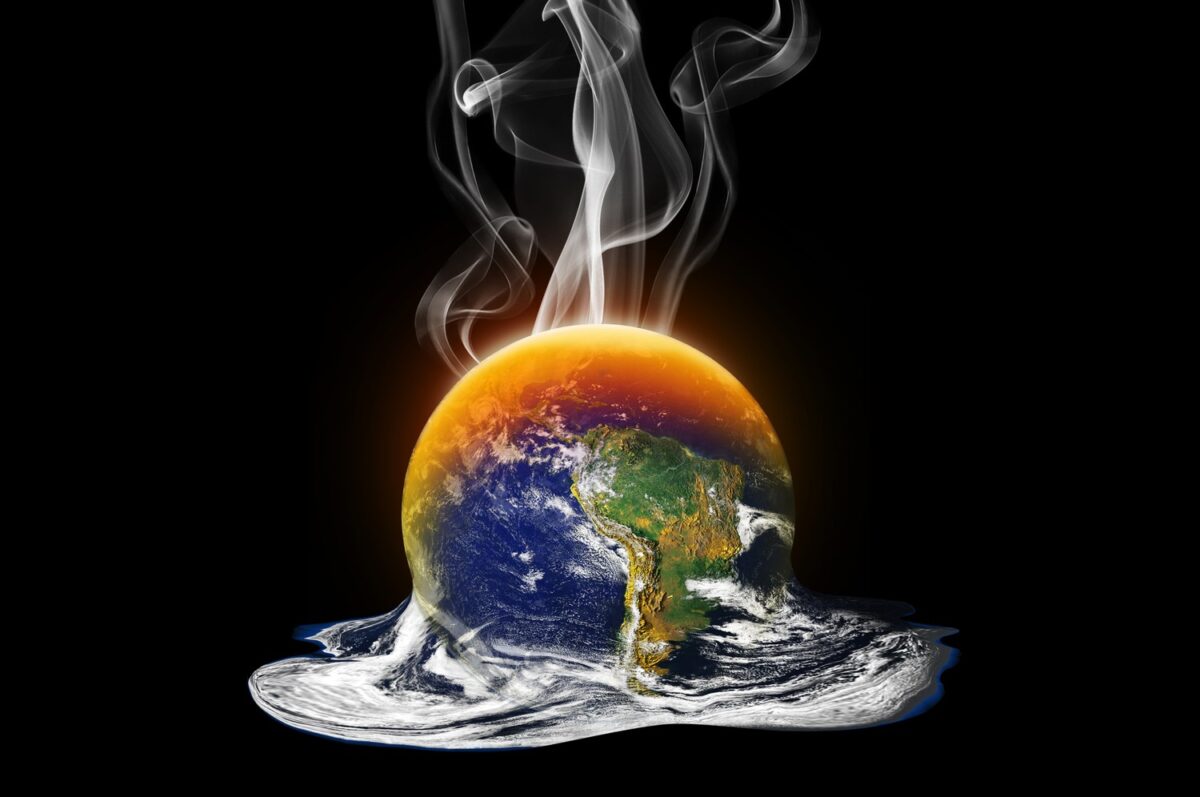Global warming quickens climate change because of outpacing predictions. As of 2023, Climate records have visibly tumbled.
The worldwide community has seen an alarming increase in the frequency and intensity of climate-related events in recent years, raising concerns about the rate of climate change. Scientists have been researching climate patterns and data to see if the planet is warming faster than expected. The research indicates that the Earth’s climate is changing at a rapid pace, necessitating urgent calls for improved mitigation and adaptation efforts.
Global Warming: The Worsening Warming Trend
Global warming has long been about the growing threat of climate change, which is mostly caused by human activity like the burning of fossil fuels and extensive deforestation. On the other hand, new data confirm a troubling fact: the Earth is warming faster than previously thought. An influential body in the field of climate research, the Intergovernmental Panel on Climate Change (IPCC), has regularly updated its predictions to take into account the acceleration of global warming. The trend in average world temperatures rising is a crucial indicator of this accelerated warming.
Temperature records have been broken in the last few decades, with each year frequently exceeding the one before it. Extreme heat waves, once the exception, are now more often and have a greater impact on agriculture, ecosystems, and human health. Besides, In the polar areas, where ice caps and glaciers are melting quickly, the effects of increased heat are clearly visible. There are worries about the possible collapse of entire ice shelves because of the Arctic’s exceptional ice loss. This accelerates the loss of biodiversity and disturbs ecosystems in addition to contributing to rising sea levels.
Global warming prominently highlights how urgent it is to address climate change and how paramountly important it is to take preventative action now to lessen its far-reaching effects. With the rapid rate at which global temperatures are rising, it is critical that we unitedly work together to greatly reduce greenhouse gas emissions, gradually switch to sustainable practices, and strengthen our shared commitment to a resilient and sustainable future. Hence, the strong preventive actions made in the upcoming years will decide the course of our planet’s climate for upcoming future generations, thus the time to act is now.
Global Warming: Preventive Measures With Mitigating Strategies
A comprehensive strategy that integrates mitigation efforts to lower greenhouse gas emissions and adaptation plans to deal with the unavoidable repercussions is necessary given the urgency of addressing rapid climate change. The judicious use of renewable energy sources, the improvement of energy efficiency, and the preservation and restoration of ecosystems are essential elements of any successful mitigation strategy.
Creating early warning systems for catastrophic weather occurrences, putting sustainable farming practices into practice, and building resilient infrastructure are examples of adaptation strategies. Given that climate change is a global issue that cuts across state boundaries, international cooperation is of paramount importance.
International cooperation becomes essential in the face of growing challenges. To properly solve this global issue, nations must share information, resources, and creative solutions across political boundaries. We can all work together to lessen the effects of climate change and leave a legacy of sustainability and resilience for future generations by promoting a sense of urgency and shared responsibility.
Fundamentally, the decisions we make now will have an impact on the climate legacy we leave for future Earthlings. The call for action reverberates beyond national boundaries and demographic divides, bringing people together in a common resolve to protect the ecological balance of our world and guarantee a sustainable future for all.



